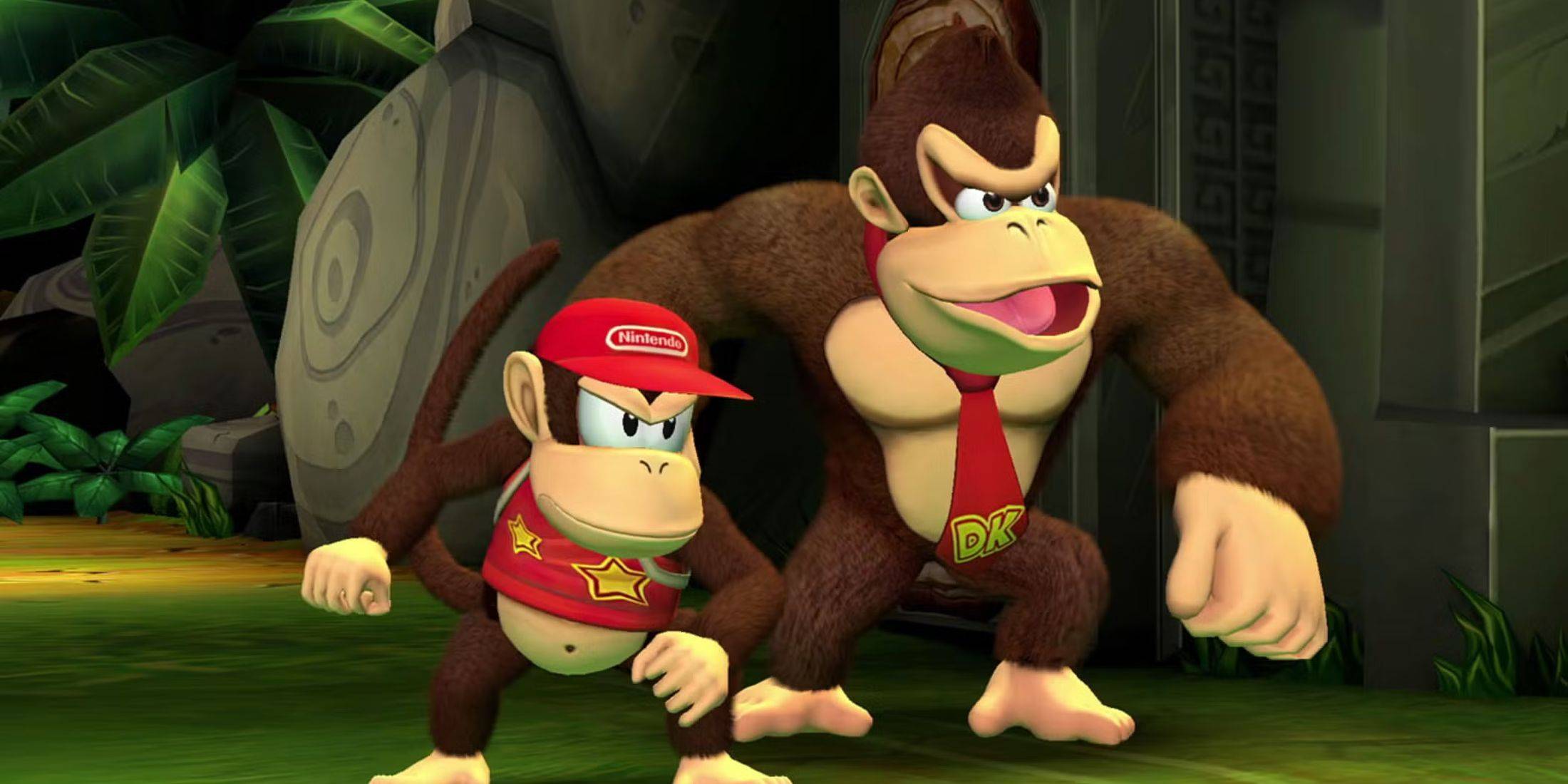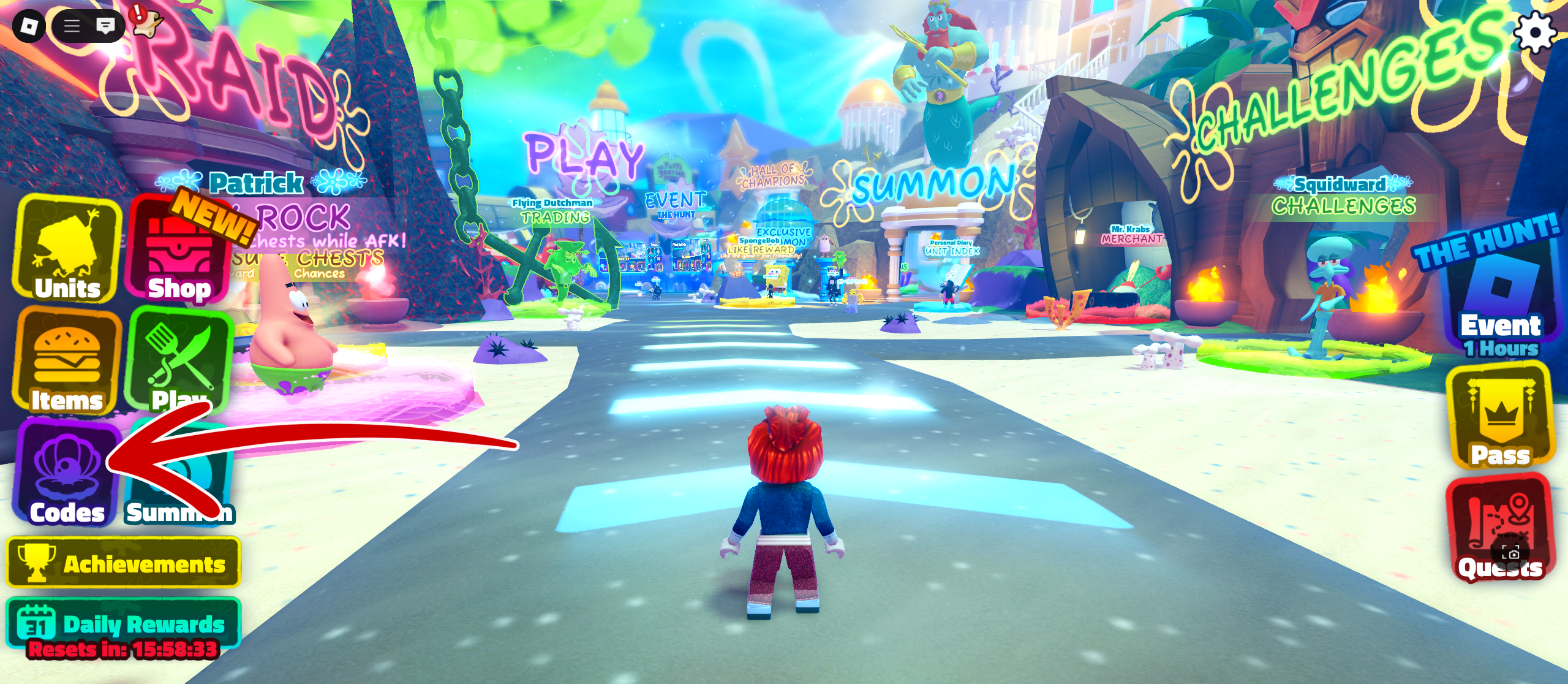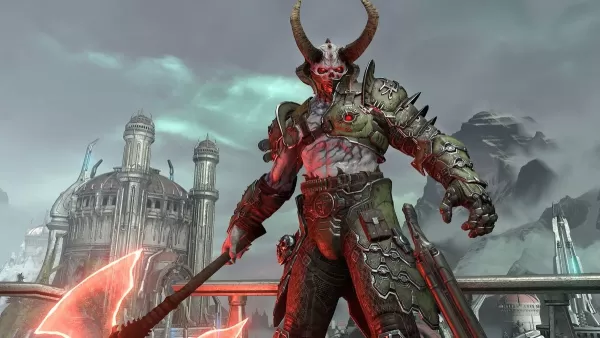
Summary
- Nintendo has excluded the individual developers from Retro Studios in the credits of Donkey Kong Country Returns HD.
- This practice aligns with Nintendo's history of condensing credits in remastered games, which has drawn criticism from developers.
The much-anticipated release of Donkey Kong Country Returns HD, scheduled for January 16, 2025, has brought to light a contentious issue: the exclusion of the original developers from Retro Studios in the game's credits. This remastered version of the beloved 2010 Wii platformer, now available for Nintendo Switch owners, has sparked discussions about crediting practices in the gaming industry.
The Nintendo Switch has solidified its position as a premier platform for retro gaming, thanks to its portability and an extensive library of classic titles. Nintendo has embraced the trend of remastering and remaking its iconic games, enhancing them with new content and improved graphics to appeal to both long-time fans and new audiences. Notable examples include the enhanced remake of Super Mario RPG and the remasters of the Advance Wars and Famicom Detective Club series.
However, the upcoming release of Donkey Kong Country Returns HD has highlighted a concerning trend. According to reports from Nintendo Life and other news outlets with pre-release access, the credits for Donkey Kong Country Returns HD only acknowledge the staff at Forever Entertainment, the studio responsible for porting and enhancing the game for the Switch. Retro Studios, the original developers of the 2010 Wii version, are not listed individually. Instead, the credits merely state that the remastered game is "Based on the work of the original development staff."
This decision reflects Nintendo's broader approach to crediting in remastered titles. In 2023, Zoid Kirsch, a former programmer and senior gameplay engineer at Retro Studios, publicly criticized Nintendo for omitting the full original credits from Metroid Prime Remastered on the Switch. Kirsch expressed feeling "let down" by the exclusion of team members who were no longer with Retro Studios during the remaster's development. Other developers echoed his sentiments, labeling the practice as "bad practice."
The issue of crediting is crucial in the game industry, as credits play a significant role in the career development of game developers. Properly crediting original teams in remastered titles is seen as a gesture of appreciation for their hard work and dedication. Moreover, Nintendo has faced criticism for not crediting translators and for imposing restrictive non-disclosure agreements that prevent them from acknowledging their contributions to major series like The Legend of Zelda.
As more developers and fans voice their concerns about improper crediting practices, the pressure is mounting on publishers, including Nintendo, to reconsider their approach. The hope is that increased awareness and public outcry will lead to more transparent and fair crediting practices across the industry.


 LATEST ARTICLES
LATEST ARTICLES 












